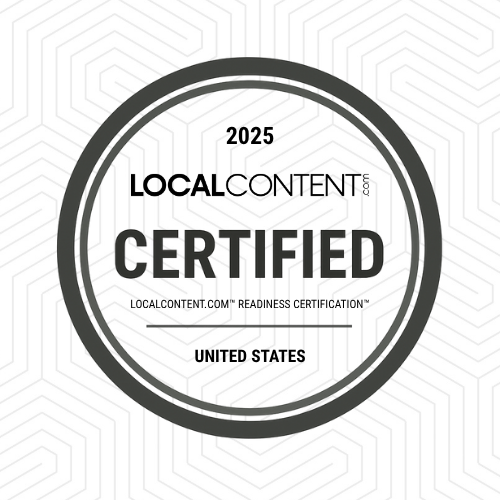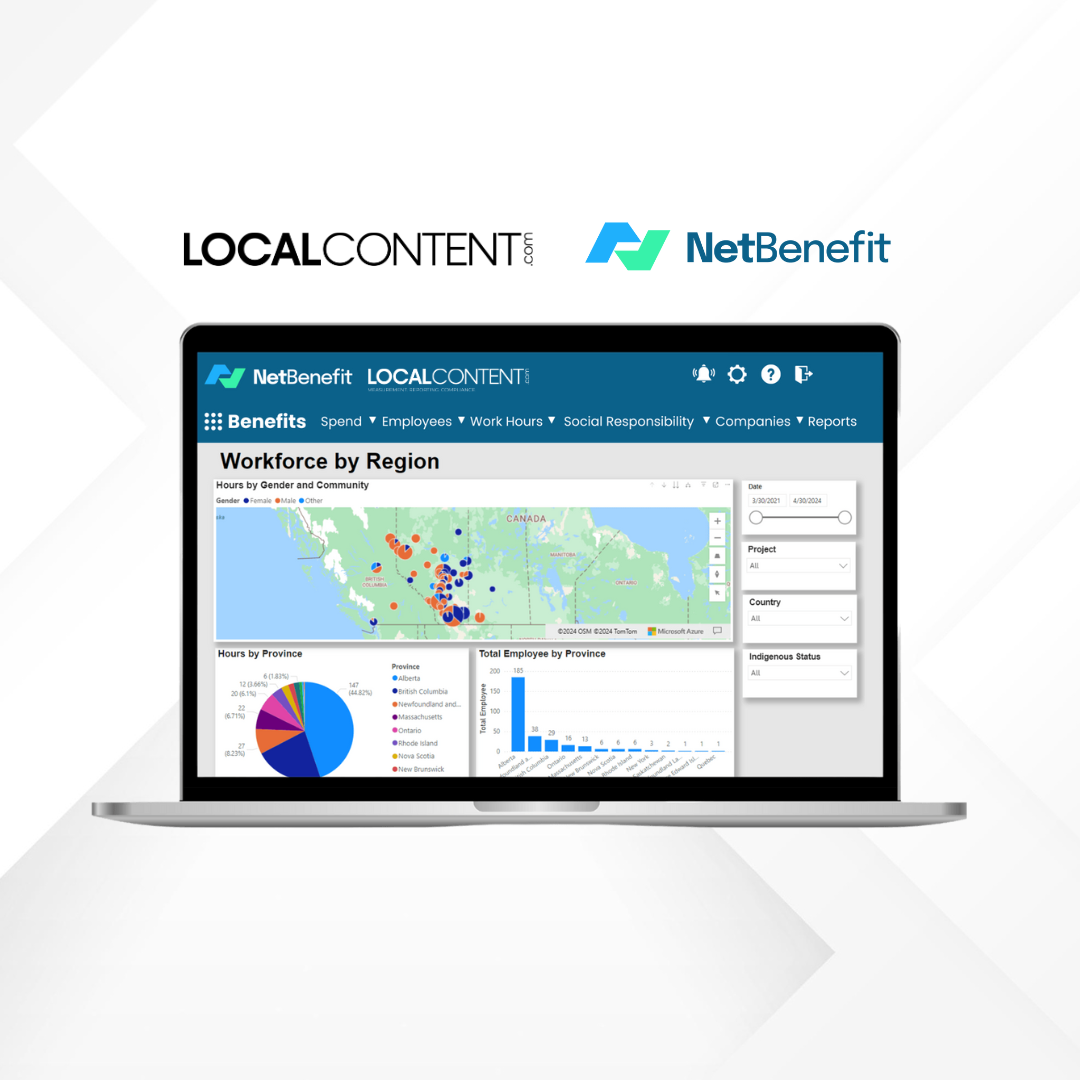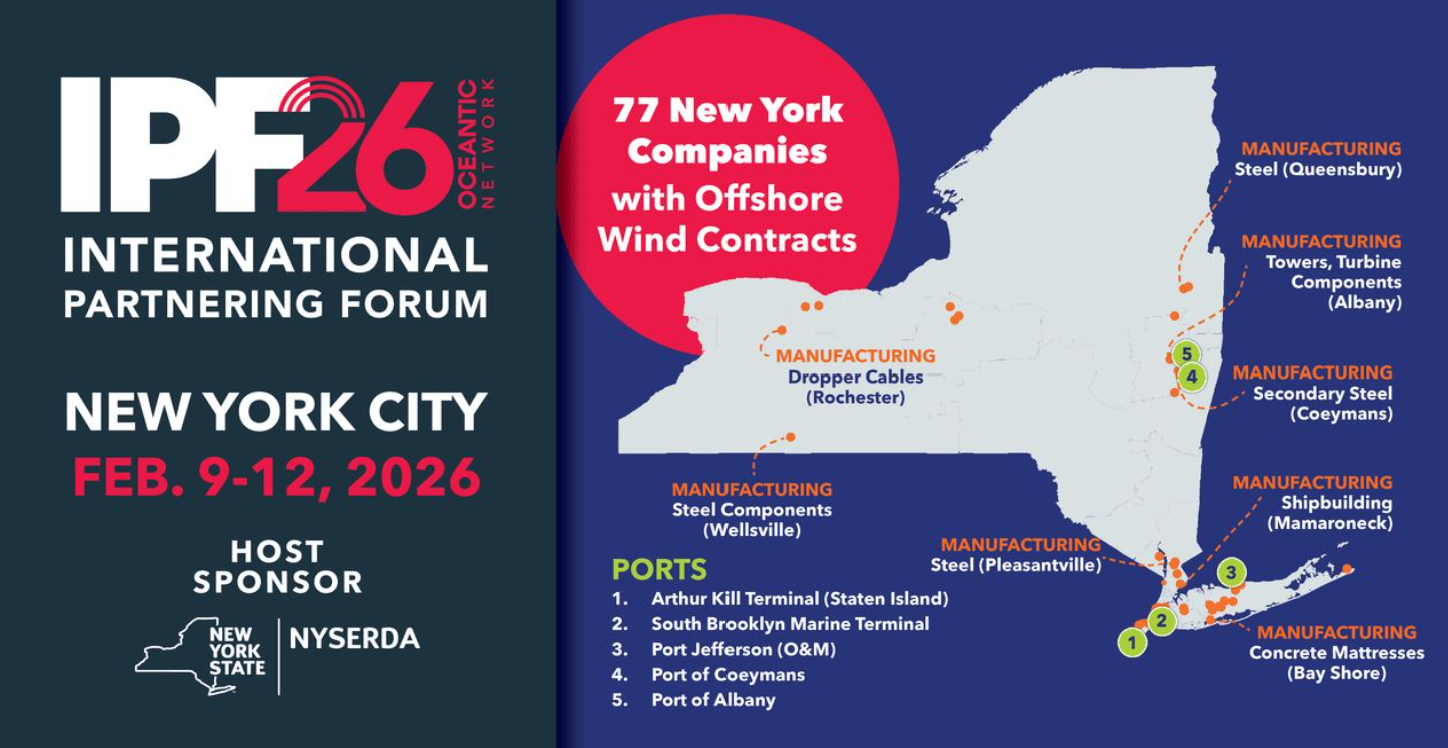To date, Biden-Harris Administration has announced nearly 600 port and waterway projects that are strengthening supply chains, reducing the costs of everyday items, and lowering carbon emissions
WASHINGTON – Today, the U.S. Department of Transportation’s Maritime Administration (MARAD) awarded $4.85 million in grants to five marine highway projects across the nation via the United States Marine Highway Program (USMHP). The funding will enhance the movement of goods along our navigable waterways while expanding existing waterborne freight services in Louisiana, Puerto Rico, Washington, and West Virginia.
“The Biden-Harris Administration’s investments in the United States Marine Highway Program are to move goods more quickly and efficiently, which is especially important considering the current record demand for shipping,” said U.S. Transportation Secretary Pete Buttigieg. “With the funding announced today, we’re further modernizing operations at our ports and waterways and strengthening supply chains, which will help lower costs of essential goods for American families.”
The USMHP aims to expand the use of the nation’s navigable waterways to relieve landside congestion, support new and more efficient transportation options, and enhance performance of the surface transportation system. The program works with public and private stakeholders to achieve these goals.
“The USMHP is a tremendous opportunity to increase waterborne transport through expanding the use of America’s navigable waters, and through this expansion, to further integrate our waterways into the nation’s surface transportation system,” said Maritime Administrator Ann Phillips. “This is particularly important as water-based transport is the most efficient, effective, and sustainable option.”
All Marine Highway Grants award recipients must comply with the requirements of the Biden-Harris infrastructure law’s “Build America, Buy America” provisions. This means that these funds will be used to purchase American-made steel, building materials, and manufactured equipment – boosting American manufacturing while strengthening U.S. supply chains.
President Biden’s Bipartisan Infrastructure Law invests $17 billion to upgrade our nation’s ports and waterways. Together, USDOT and the Army Corps of Engineers have funded nearly 600 port and waterway projects to strengthen supply chain reliability, speed up the movement of goods, reduce costs, and lower carbon emissions.
Selected projects receiving funding include:
Alexandria, Louisiana
The Central Louisiana Regional Port was awarded $2,524,977 for the procurement, delivery, and assembly of a 275-ton marine crane with an electric magnet and a 27.5-ton forklift, enhancing cargo handling capacities and supporting military logistics at the Alexandria based port. This modern and efficient cargo transloading equipment will enable the port to efficiently load and unload diverse cargoes including steel sheets, aluminum billets, military equipment, agricultural products, containerized goods and disaster response supplies. The project demonstrates a clear focus on reducing carbon pollution by shifting cargo currently transported by truck and rail to more energy-efficient barging between the port site on United States Marine Highway Route M-49 and connecting United States Marine Highway routes in the Gulf of Mexico.
Vieques, Puerto Rico
The Puerto Rico Integrated Transportation Authority was awarded $711,491 for the construction of a new vehicle ramp at the Mosquito Terminal in Vieques. The ramp is essential to support the efficient and safe loading and unloading of cargo on a new barge currently under construction. The project will address a growing demand for Marine Highway transportation services central to the waterborne transportation of consumer goods, construction materials, and agricultural products, all essential for daily life in the region. Strengthening resiliency on the United Stated Marine Highway Route M-2 by increasing terminal capacity to handle higher cargo volumes is a central goal of the program.
Everett, Washington
Osprey Logistics LLC was awarded $881,330 to purchase cargo handling equipment critical to port operations, specifically a wheel loader and fork attachments. The project will expand the recipient’s terminal capacity to include containers, heavy aggregates and lumber, and enhance their ability to load and unload logs at their privately owned facility in Everett, WA. The project aims to increase loading speed and efficiency by up to 50% and add capacity to emerging United States Marine Highway Route M-5 activity in the Puget Sound, building on the recipient’s past record of reducing 5,600 regional truck trips annually by providing a waterborne alternative to congested highways.
Vancouver, Washington
Tidewater Barge Line Inc. was awarded $454,436 to support expanded barge service between the recipient’s terminal in Vancouver, WA, and the Port of Morrow, OR. The award will be used to acquire a low-emission container handler, enabling the recipient to divert additional volumes of containerized municipal waste from clogged highways to the United States Marine Highway Route M-84. The procurement of this modern, safer, more reliable and environmentally friendly equipment will enhance the recipient’s decades-long record of decreasing emissions locally and regionally through the use of viable on-water transportation.
Follansbee, West Virginia
Empire Diversified Industries was awarded $277,766 for the creation of a Master Plan for the recently established Port of West Virginia in Follansbee, WV, to prioritize infrastructure projects and ensure the port can adapt to evolving supply chain dynamics, including the increased use of the United Stated Marine Highway Routes M-70 & M-79. Central to the plan is alignment with regional freight shipment needs and a significant modal shift from truck to barge to alleviate landside congestion. The recipient also plans to produce alternative fuels on site to facilitate the future use of zero-emission equipment once the terminal is in place.










